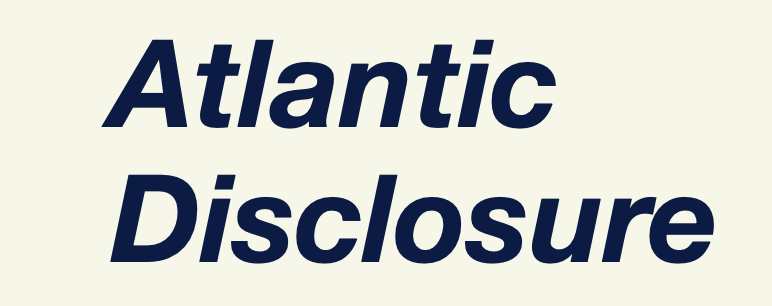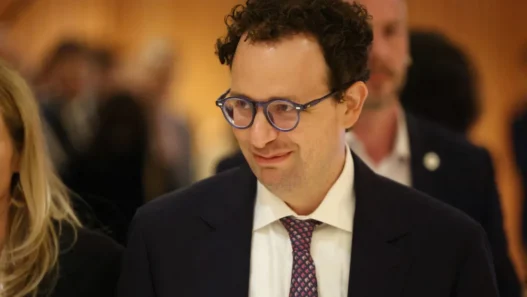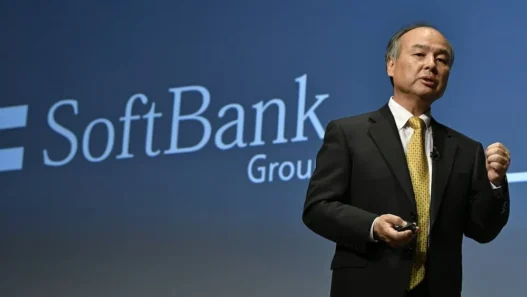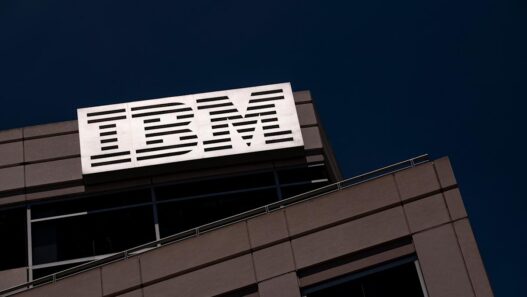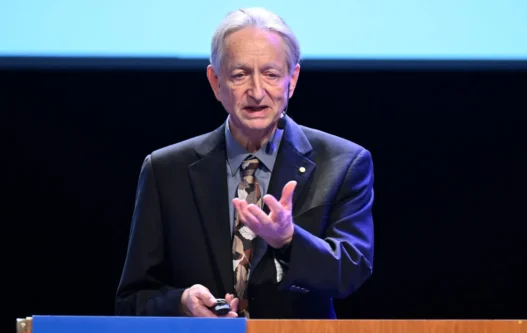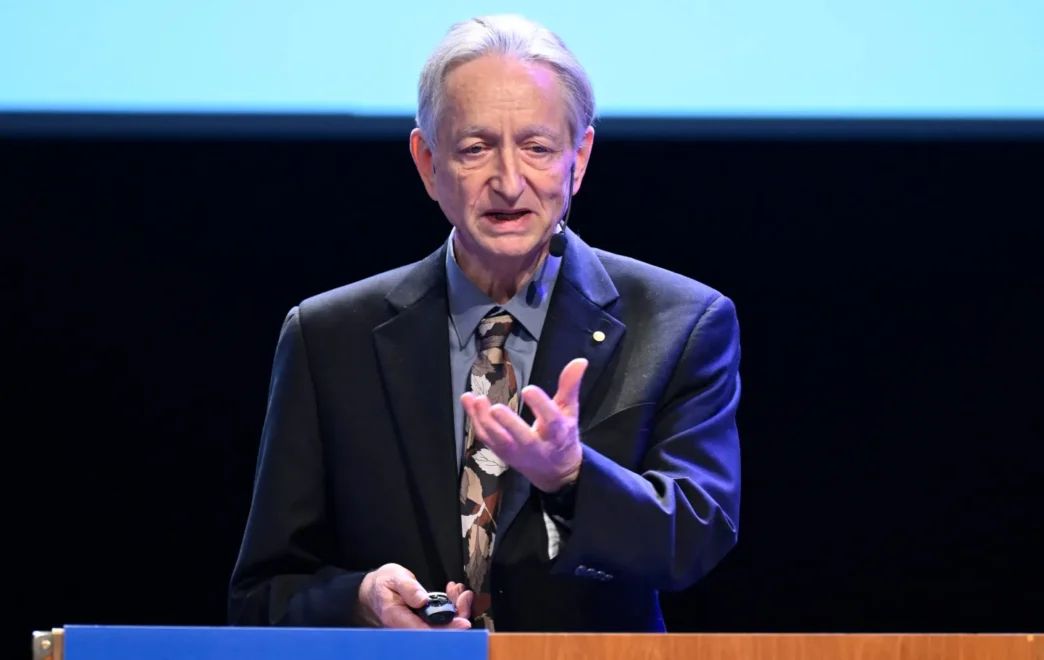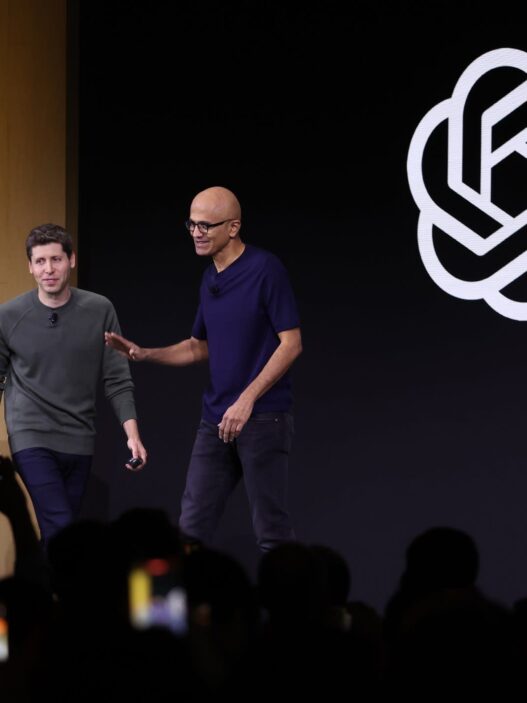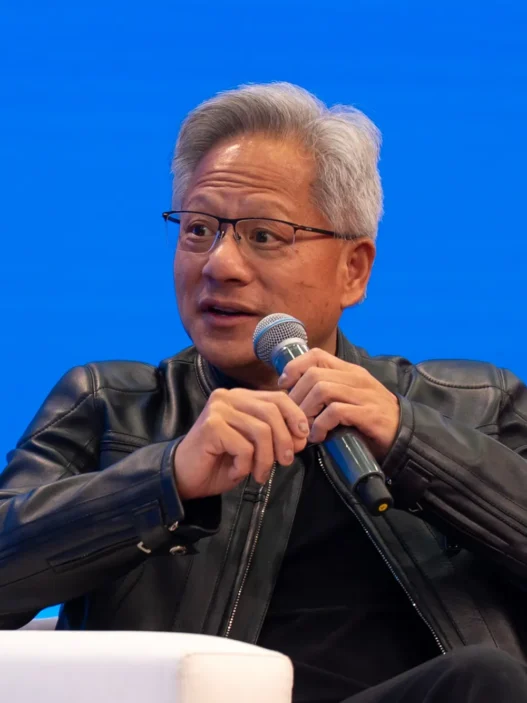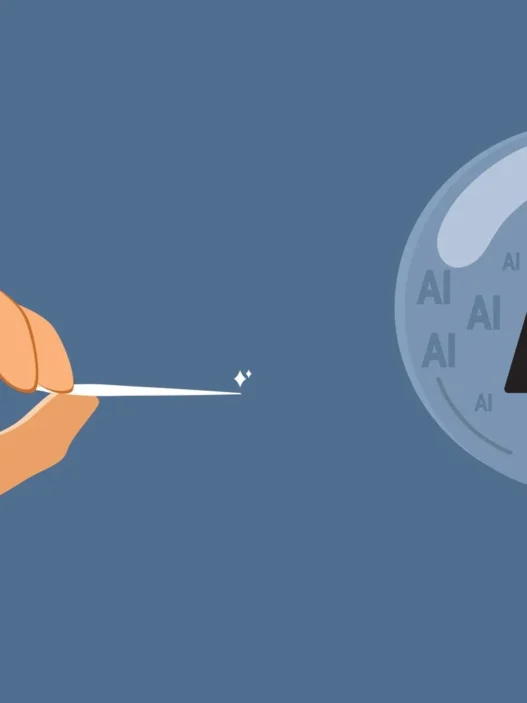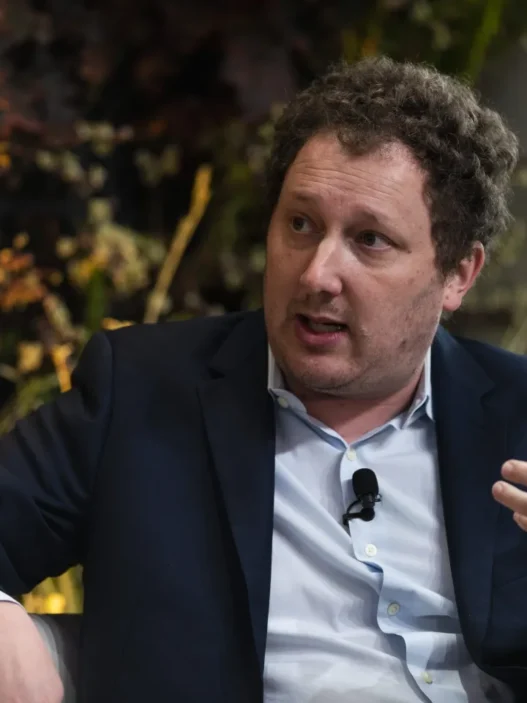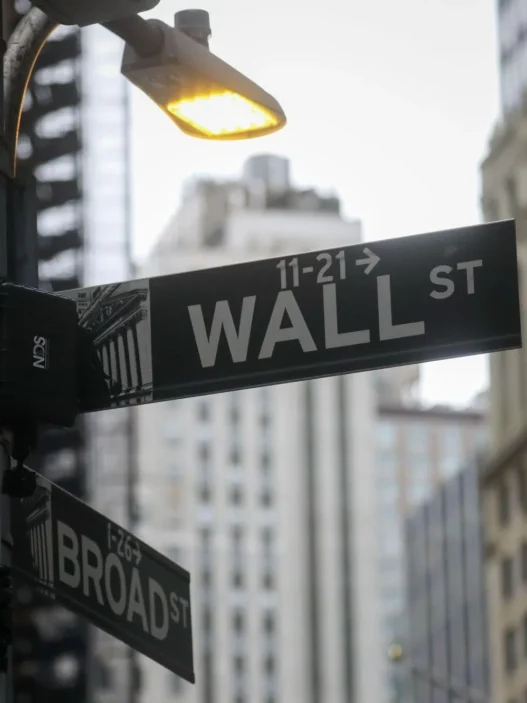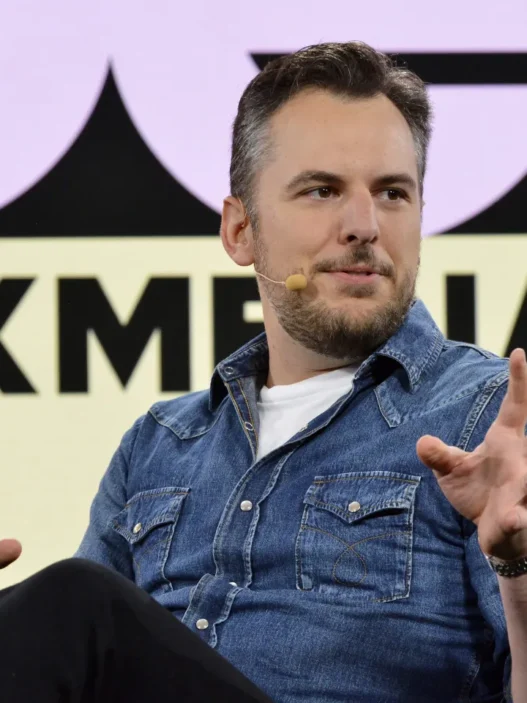Geoffrey Hinton, often called the “Godfather of AI” and a Nobel laureate in computer science, has delivered a stark warning about the future of artificial intelligence: the technology is set to displace workers on a massive scale while boosting corporate profits, a consequence of capitalism rather than AI itself.
Speaking to the Financial Times, Hinton emphasized that the coming AI revolution could reshape labor markets, reduce opportunities for entry-level workers, and concentrate economic gains among companies that adopt automation fastest.
AI and the Labor Market
Hinton’s comments come amid growing debate over how AI will impact employment. While widespread layoffs have not yet materialized, early evidence suggests that entry-level positions and routine jobs are beginning to disappear. Companies are increasingly leveraging AI to automate tasks that were once performed by junior staff, from basic administrative functions to customer support and data analysis.
“AI is not inherently destructive,” Hinton explained. “It’s a tool. The way we deploy it—within a capitalist framework—determines who benefits and who loses. That’s why profits are likely to soar, while unemployment rises.”
Economists note that these dynamics are already visible in certain sectors. For example, some tech firms are using AI to reduce the need for human coders or customer service representatives, while financial services are deploying AI-driven systems for fraud detection, risk assessment, and trading. In aggregate, this is compressing job growth for lower- and mid-level employees while concentrating revenue among a smaller group of companies.
The Capitalism Factor
Hinton is careful to distinguish the technology itself from the economic system in which it operates. “If AI were used differently—say, in a cooperative model or a publicly owned framework—the outcomes for employment could be very different,” he said. Instead, under capitalism, firms prioritize efficiency and profit, often at the expense of labor.
This observation underscores a growing tension in the AI debate: the question is not just whether AI can replace humans, but how society chooses to deploy it. Policy decisions, labor protections, and corporate governance will shape whether AI creates broad prosperity or further inequality.
Evidence Mounting on Entry-Level Job Shrinkage
Reports from labor economists indicate that AI is already eroding the availability of entry-level roles, particularly in sectors like administrative support, retail, and basic tech services. Students entering the workforce may find fewer opportunities to gain initial experience, potentially creating a bottleneck in career development.
Conversely, companies adopting AI early are seeing improved efficiency and dramatically reduced costs. Hinton’s prediction of soaring profits aligns with data showing that AI-driven firms often achieve higher margins and faster growth than peers that maintain traditional staffing levels.
Implications for Policy and Society
If Hinton’s forecast holds, the implications for policymakers are significant:
- Governments may need to rethink social safety nets, including unemployment insurance and retraining programs.
- Education systems could pivot toward skills that complement AI rather than compete with it, emphasizing creativity, leadership, and problem-solving.
- Debate over wealth redistribution and taxation could intensify, as AI-driven gains concentrate in the hands of a small corporate elite.
Some suggest that proactive regulation could mitigate the worst effects, but there is currently no consensus on global standards for AI deployment, leaving societies to grapple with its disruptive potential piecemeal.
The Ethical Dimension
Hinton also raised ethical concerns about the pace of AI adoption. “We are moving faster than our understanding of the consequences,” he warned. The risk, he said, is not just economic but social: mass unemployment could exacerbate inequality, strain public services, and intensify societal unrest if left unchecked.
Looking Ahead
While AI promises incredible innovation—from medical diagnostics to climate modeling—Hinton’s warning serves as a sobering reminder that technological advancement does not automatically equate to social benefit. Without careful management, the combination of AI and capitalist incentives could deliver prosperity to a few while leaving many behind.
For now, society is at a crossroads: AI is ready to transform the workforce, but the question remains whether humanity will steer this revolution toward inclusion or let it deepen existing divides.
